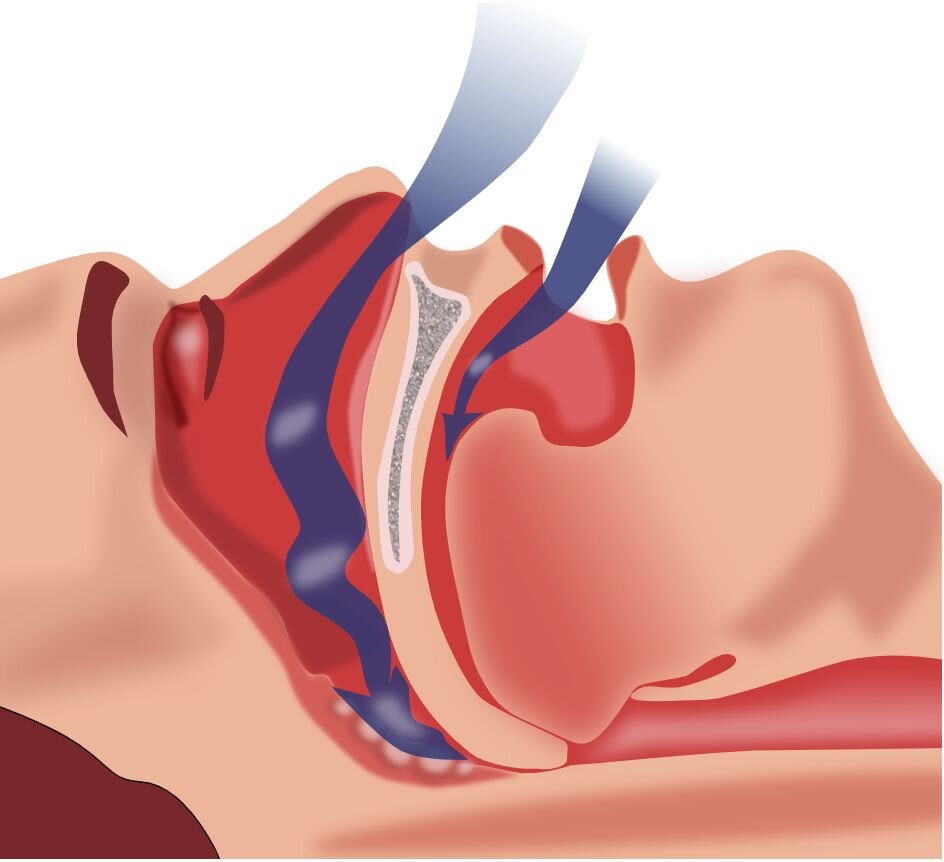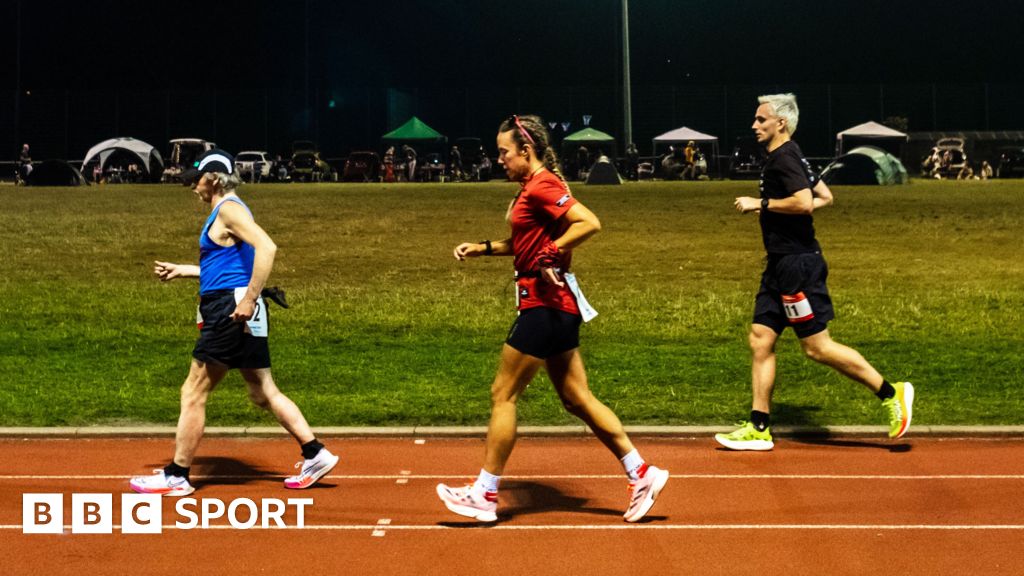Neuropathy, the nerve damage that causes pain and numbness in the feet and hands and can eventually lead to falls, infection and even amputation, is very common and underdiagnosed, according to a study published in the May 8, 2024, online issue of Neurology®, the medical journal of the American Academy of Neurology.
“More than one-third of people with neuropathy experience sharp, prickling or shock-like pain, which increases their rates of depression and decreases quality of life,” said study author Melissa A. Elafros, MD, PhD, of the University of Michigan in Ann Arbor and a member of the American Academy of Neurology. “People with neuropathy also have an increased risk of earlier death, even when you take into account other conditions they have, so identifying and treating people with or at risk for neuropathy is essential.”
The study involved 169 people from an outpatient internal medicine clinic serving mainly Medicaid patients in Flint, Michigan. The participants had an average age of 58 years and 69% were Black people. One-half of the people had diabetes, which can cause neuropathy. A total of 67% had metabolic syndrome, which is defined as having excess belly fat plus two or more of the following risk factors: high blood pressure, higher than normal triglycerides (a type of fat found in the blood), high blood sugar and low high-density lipoprotein (HDL) cholesterol, or “good” cholesterol. These risk factors are also associated with neuropathy.
All participants were tested for distal symmetric polyneuropathy. Information about other health conditions was also collected.
A total of 73% of the people had neuropathy. Of those, 75% had not been previously diagnosed with the condition. Nearly 60% of those with neuropathy were experiencing pain.
Of those with neuropathy, 74% had metabolic syndrome, compared to 54% of those who did not have neuropathy.
After adjusting for other factors that could affect the risk of neuropathy, researchers found that people with metabolic syndrome were more than four times more likely to have neuropathy than people who did not have the syndrome.
Researchers were also looking for any relationship between race and income and neuropathy, as few studies have been done on those topics. There was no relationship between low income and neuropathy. For race, Black people had a decreased risk of neuropathy. Black people made up 60% of those with neuropathy and 91% of those without neuropathy.
“The amount of people with neuropathy in this study, particularly undiagnosed neuropathy, was extraordinarily high with almost three fourths of the study population,” Elafros said. “This highlights the urgent need for interventions that improve diagnosis and management of this condition, as well as the need for managing risk factors that can lead to this condition.” A limitation of the study is that it is a snapshot in time; it did not follow people to see who developed neuropathy over time. It also did not look at reasons why people were not able to manage risk factors that can lead to neuropathy.
The study was supported by the National Institute of Neurological Disorders and Stroke, National Institute of Diabetes and Digestive and Kidney Diseases and National Center for Advancing Translational Sciences.


